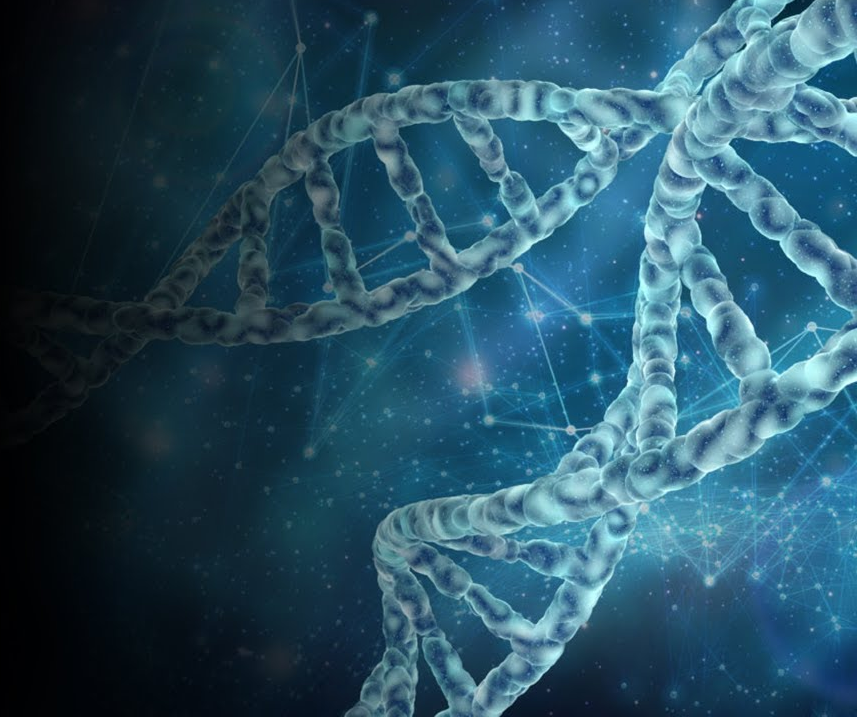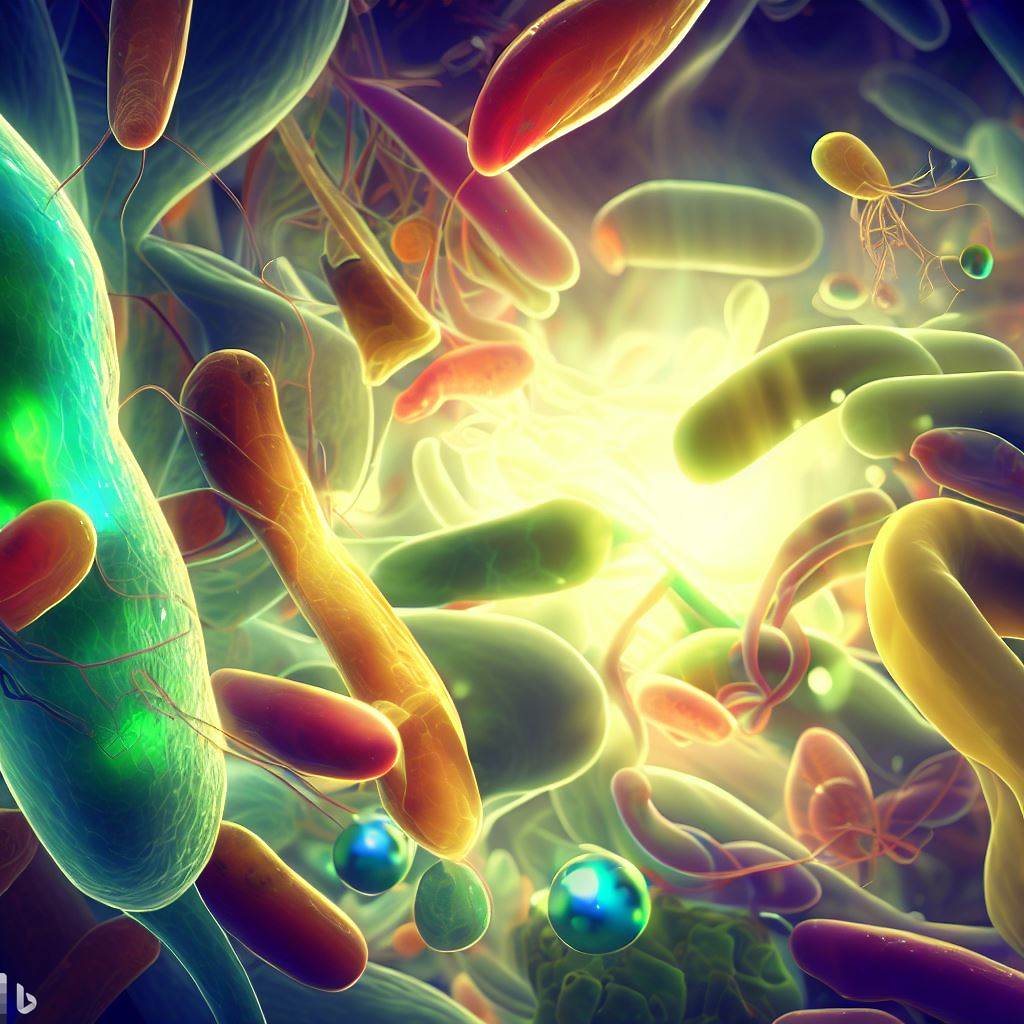
- Teacher: Maduka de Lenerolle Dias
- Teacher: H W Dilanthi
- Teacher: Meran Ediriweera
- Teacher: Dilusha Fernando
- Teacher: Dr. Sharmila Jayasena
- Teacher: Pulani Lanerolle
- Teacher: Kithmini Sirideva
- Teacher: Prof. Tharanga Thoradeniya
- Teacher: Prof Indu Waidyatilaka
- Teacher: Maduka de Lenerolle Dias
- Teacher: H W Dilanthi
- Teacher: Meran Ediriweera
- Teacher: Dilusha Fernando
- Teacher: Dr. Sharmila Jayasena
- Teacher: Pulani Lanerolle
- Teacher: Kithmini Sirideva
- Teacher: Prof. Tharanga Thoradeniya
- Teacher: Prof Indu Waidyatilaka
- Teacher: Chamindri Witharana
- Teacher: Maduka de Lenerolle Dias
- Teacher: H W Dilanthi
- Teacher: Meran Ediriweera
- Teacher: Dilusha Fernando
- Teacher: Dr. Sharmila Jayasena
- Teacher: Pulani Lanerolle
- Teacher: Kithmini Sirideva
- Teacher: Prof. Tharanga Thoradeniya
- Teacher: Prof Indu Waidyatilaka
- Teacher: Chamindri Witharana
- Teacher: Maduka de Lenerolle Dias
- Teacher: H W Dilanthi
- Teacher: Meran Ediriweera
- Teacher: Dilusha Fernando
- Teacher: Dr. Sharmila Jayasena
- Teacher: Pulani Lanerolle
- Teacher: Kithmini Sirideva
- Teacher: Prof. Tharanga Thoradeniya
- Teacher: Prof Indu Waidyatilaka
- Teacher: Chamindri Witharana

- Teacher: Maduka de Lenerolle Dias
- Teacher: H W Dilanthi
- Teacher: Meran Ediriweera
- Teacher: Dilusha Fernando
- Teacher: Dr. Sharmila Jayasena
- Teacher: Pulani Lanerolle
- Teacher: Kithmini Sirideva
- Teacher: Prof. Tharanga Thoradeniya
- Teacher: Prof Indu Waidyatilaka
The module ‘enzymology’ A 2 credit module, is a fundamental component of the Master’s program, designed to provide students with a comprehensive understanding of the intricate world of enzymes and their crucial role in biochemical pathways. This module aims to equip students with the knowledge and skills necessary to explore the mechanisms, kinetics, and regulation of enzyme-catalyzed reactions.
Enzymes are biological catalysts that accelerate chemical reactions within cells, playing a central role in various metabolic processes and signaling pathways. The study of enzymology is essential for deciphering the mechanisms of enzyme action, understanding their structure-function relationships, and uncovering the intricate details of metabolic networks.
Throughout this module, students will focus on the principles of enzyme kinetics, including concepts such as Michaelis-Menten kinetics, enzyme inhibition, and allosteric regulation. They will explore the factors that influence enzyme activity, including temperature, pH, and substrate concentration. Furthermore, students will also examine enzyme mechanisms and explore how enzymes catalyze specific reactions, such as oxidation-reduction reactions, hydrolysis, and isomerization.
Additionally, the module will cover advanced topics such as the application of enzymes in biotechnology and industry. Students will learn how enzymes can be manipulated and optimized for various purposes, such as biofuel production, diagnostic purposes, pharmaceutical synthesis, and food processing.
The knowledge and skills gained from this module will be invaluable in various fields, including Biochemistry, Biotechnology, Pharmacology, and Medicine. It will provide students with a strong foundation in enzymology, enabling them to understand and manipulate enzyme-catalyzed reactions, contribute to advancements in metabolic engineering, and pursue careers in research, academia, or industrial settings.

- Teacher: Maduka de Lenerolle Dias
- Teacher: H W Dilanthi
- Teacher: Meran Ediriweera
- Teacher: Dilusha Fernando
- Teacher: Dr. Sharmila Jayasena
- Teacher: Pulani Lanerolle
- Teacher: Kithmini Sirideva
- Teacher: Prof. Tharanga Thoradeniya
- Teacher: Prof Indu Waidyatilaka
- Teacher: Chamindri Witharana

- Teacher: Maduka de Lenerolle Dias
- Teacher: H W Dilanthi
- Teacher: Meran Ediriweera
- Teacher: Dilusha Fernando
- Teacher: Dr. Sharmila Jayasena
- Teacher: Pulani Lanerolle
- Teacher: Kithmini Sirideva
- Teacher: Prof. Tharanga Thoradeniya
- Teacher: Prof Indu Waidyatilaka
- Teacher: Chamindri Witharana